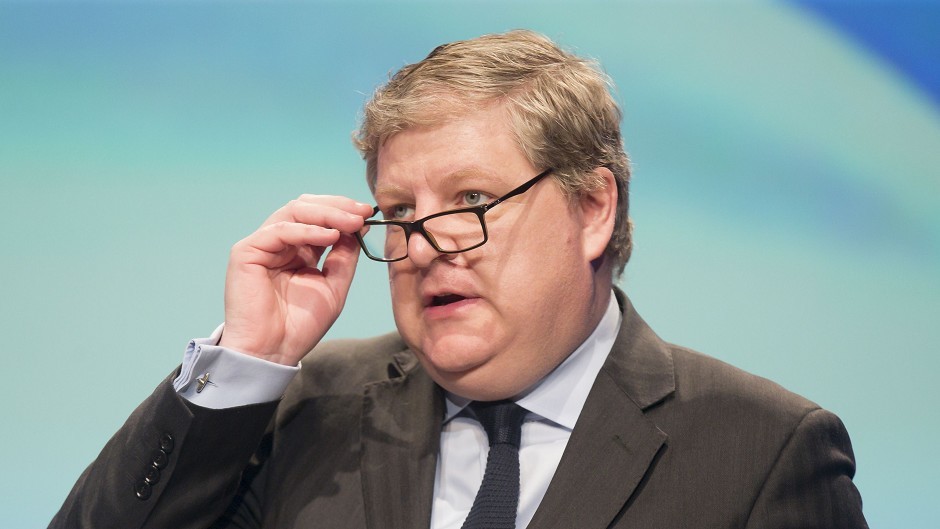SNP Westminster leader Angus Robertson has accused David Cameron of not having the “faintest idea” of the “human cost” of the UK Government’s plan to cut tax credits for low paid workers.
The issue dominated Prime Minister’s Questions yesterday after Labour lost a vote calling on the Tories to scrap the proposal, estimated to save £4.4billion.
Despite a number of Tory backbenchers speaking against it, the opposition motion was defeated by 317 to 295 earlier this week.
Moray MP Mr Robertson was among a number of people, including Labour leader Jeremy Corbyn, to press Mr Cameron on the issue.
He said a couple with two children living in a council house who both earn just above minimum wage stood to lose more than £2,000.
“That’s the equivalent of their basic rate of income tax rising a staggering 90%,” he added.
“Do you have the faintest idea about the human cost of your plans?”
Using Mr Robertson’s example, the prime minister insisted if the couple lived in a council house, they would benefit from a cut in their social rent, as outlined in the budget.
Those with children would get additional support with child care and those working for a small business the opportunity of the enhanced employment allowance, he added.
He also said those earning just above the minimum wage and working a full-time week would have the “huge benefit” of the increase in the income tax allowance to £12,500 a year.
Mr Cameron added: “What we are doing is introducing higher pay, lower taxes and that is the way to better family finances and a stronger economy.”
After the session, speaker John Bercow warned the House of Lords not to overreach itself by blocking the government’s plan.
He was responding to a point of order from veteran Tory MP Sir Edward Leigh who emphasised the ancient right of the Commons to make financial decisions.
Crossbench peer Baroness Meacher had said she would table a rarely used “kill” motion that would have – if passed – thrown out the changes altogether, although she dropped the proposal to avoid what critics said would be a constitutional crisis.
The prospect of flooding the upper house – where Labour and the Liberal Democrats can outnumber the Conservatives – with Tory peers had been raised.
The prime minister failed to rule it out if the House of Lords defies MPs, who have twice voted in favour of the policy.
